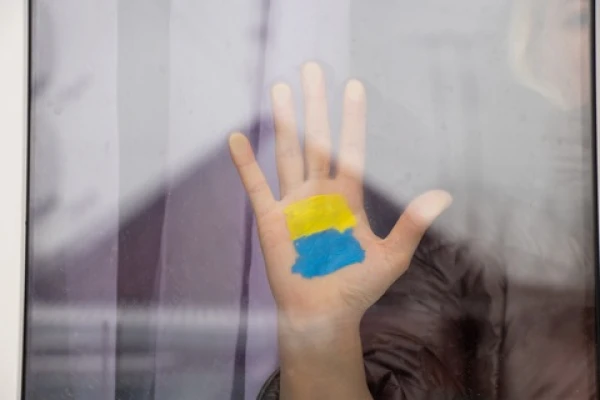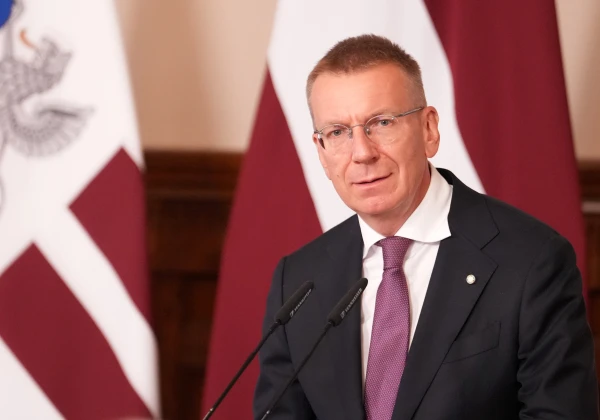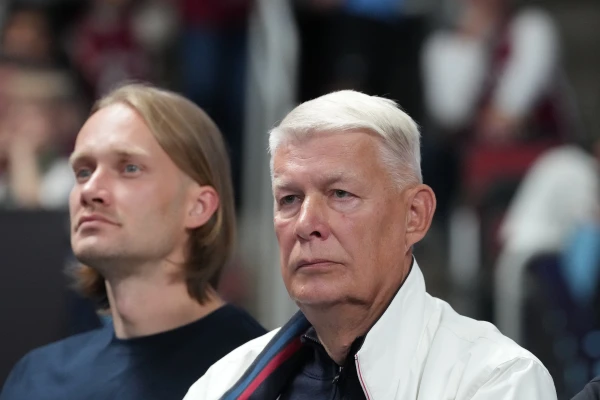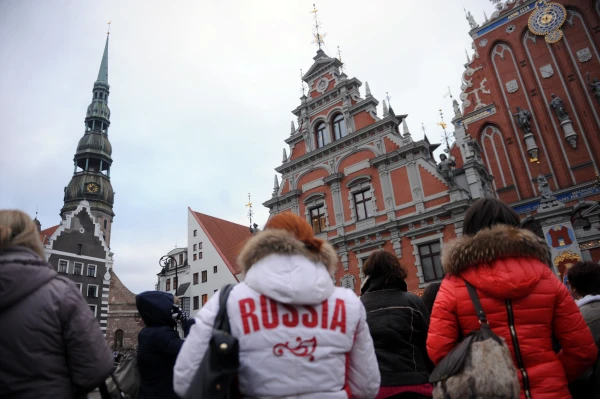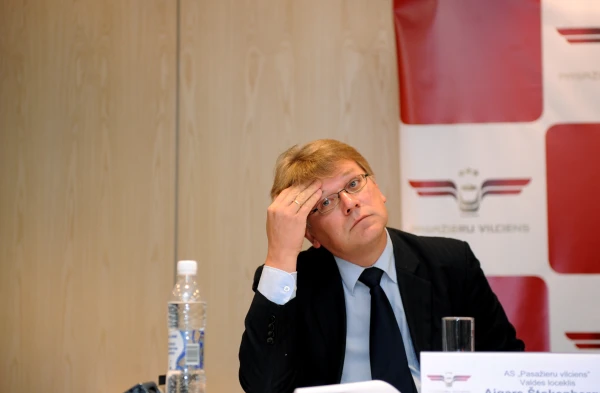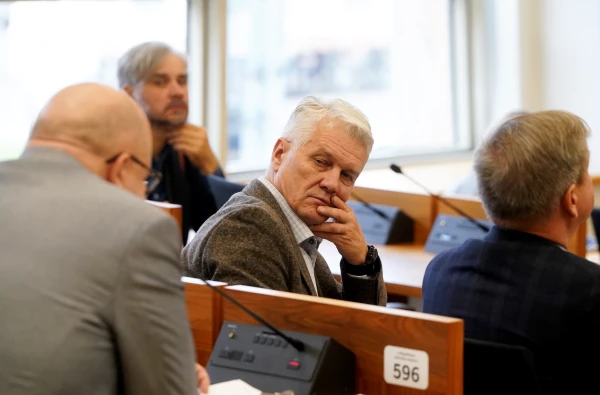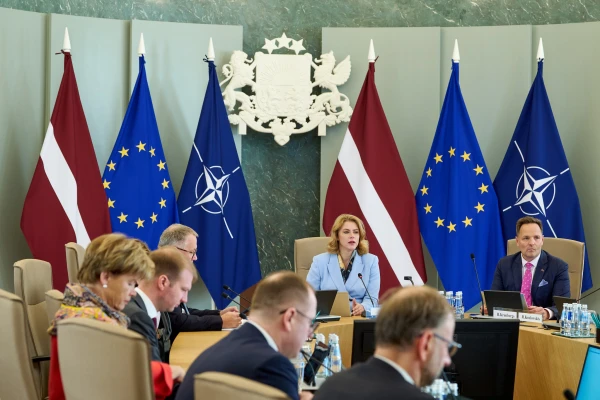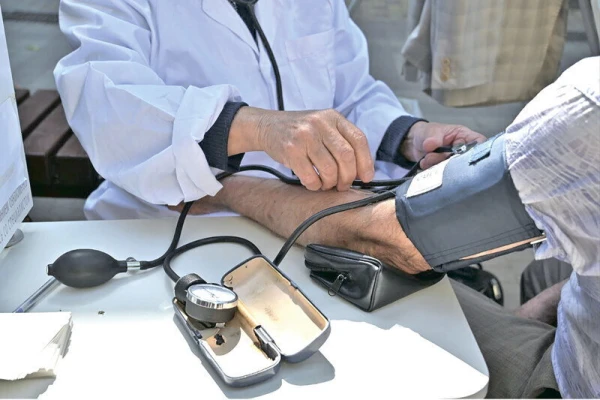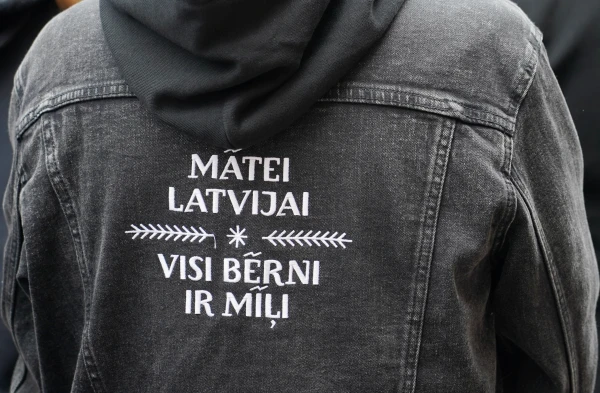
In the report that the Saeima requested from the government on "the actions taken and planned to preserve, protect, develop, and strengthen the influence of the state language," 35 pages discuss everything under the sun — except for the actual results of teaching and using the Latvian language in the most controlled area — schools funded by the state to the tune of 1.2 billion euros a year, writes Arnis Klūjins on the nra.lv portal.
Anticipating what will happen on September 1 of this year, when the deadline for the final transition of non-Latvian schools to Latvian language instruction expires, the deputies of the 14th Saeima on March 14 introduced a requirement into the Saeima Regulations: "The Cabinet of Ministers shall present a report to the Saeima every two years by September 15 on the actions taken and planned to preserve, protect, develop, and strengthen the influence of the state language."
The deputies' alarm is understandable: the transition to the Latvian language of instruction is one of the election promises with which the current deputies received their mandates. This promise was not made during debates but was enshrined in law.
The majority of the 13th Saeima in the fall of 2022 attempted to move to the 14th Saeima, promising voters amendments to the education law that the transition to the Latvian language of instruction would also occur in schools for national minorities within three years. Such a clear attempt to please the Latvians, who make up the majority among the citizens of Latvia, is clarified by the author.
Up to this point, everything would seem quite logical if it were not for the fact that similar promises had been made earlier (and were enshrined in the laws of the Republic of Latvia) but were not fulfilled. And just as on September 1, 2023, when the transition to the Latvian language of instruction was supposed to begin, nothing was done.
This year, deputies began to threaten with a "whip" in the form of a demand for reports to force the government to act and try to avoid accusations next fall when elections for the 15th Saeima will take place, that the promises made before the elections to the 14th Saeima were not fulfilled.
Instead of a report — a formal response
The Saeima had to put up with not only a substantively empty but also a delayed response. The document that was supposed to be submitted to the Saeima by September 15 was approved by the government only on September 16. The responsible parties for the report are named as Minister of Education Dace Melbarde, Minister of Justice Inese Lībiņa-Egnere, Minister of Culture Agnesa Lāce, and Prime Minister Evika Siliņa.
The Saeima had no choice but to turn the failure into an alleged achievement and postpone the consideration of the report to the committee meetings on October 15 — on the Day of the State Language, which has been established since 2021. The government report was reviewed at a joint meeting of the Legal Commission and the Commission on Education, Culture, and Science of the Saeima, received restrained criticism, and was sent for consideration at the plenary session of the Saeima on October 23 as the first item on the agenda.
The document states four areas of language policy: legal, linguistic, pedagogical, and community involvement. Thus, it was possible to evade answering the question,
why for decades has no institution responsible for education and the state language noticed that the Latvian language is not taught or used in schools for national minorities.
In the first part, it seems to state that there will be control over compliance with the laws, but in reality, it only mentions certain requirements without indicating how and by whom they are applied. In the section on language research, it is mentioned that something was studied, but not the level of proficiency in the Latvian language among students from national minority schools.
In the pedagogical section, there is not a single numerical indicator of language knowledge among students, which is why the current scandal arose, as well as concerning the level of proficiency in the native language among Latvian children and youth, for which alarming signals are also coming.
What the deputies' visit to the school showed
The emptiness of the report is best demonstrated by specific examples of what data on the subject actually exists but is not presented in the report. This data was obtained thanks to deputies who suspected in advance that the government was deceiving them and decided to investigate the situation themselves. The initiative was shown by the Commission on Citizenship, Migration, and Social Integration of the Saeima, which visited the 75th primary school in Riga.
The deputies' visit provided an opportunity to disclose numerical data on the actual level of proficiency in the Latvian language among students at the moment when instruction was supposed to be conducted only in Latvian. It is these figures that the Ministry of Education and Science, as the main responsible (and guilty!) agency, tried to hide, as national minority schools have ignored the requirements of Latvian legislation for decades, believes nra.lv. Therefore, it is necessary to operate with the data from a test developed independently by one school: out of 296 tested students, 67 showed knowledge levels below 40%, and only 31 students — above 80%. The rest were somewhere in the middle.
The real situation is even worse, as 104 students skipped the test, transferring to other schools in Riga in the hope that they would not be disturbed by either tests or the Latvian language itself, the author is convinced.
He also points to a figure indicating that the average score on the centralized exam in the Latvian language among 9th-grade graduates of this school in the spring was 28%. This indicates that no one had seriously attempted to teach these children the Latvian language until recently. Only in the first half of the last academic year did the school administration and some teachers change.
Tragic premonitions
The search for culprits and punishment cannot be the only guarantee of correcting the situation, but certainly, nothing can be corrected if the very fact of the problem is not acknowledged and it is not explained how it arose. The deputies who reviewed the report had to maneuver so that criticism of the government did not turn into questions about their own responsibility for the situation that has developed. Perhaps at the plenary session of the Saeima, deputies will speak a little more honestly and openly than at the commission meeting, where the chairwoman of the National Alliance Ilze Indrikson said:
— Reading the report, you have mixed feelings. On the one hand, you are glad that we have reached it, but on the other hand, it becomes very sad. Because, having read the document and knowing what is happening in Latvia, especially in the regions, on the border, in Daugavpils and Rēzekne, but also generally in our Latvian-speaking environment, I have tragic premonitions.
The report says very little about what needs to be done in the near future. It is wonderful that we can be proud of the small things we have done, including in the Saeima, where everyone tries to point out the legal norm to which they have contributed, but even the partial implementation of these norms in everyday life is precisely the section that I did not see in the report. And this is the part where the least has been done. Calls, support, providing positive examples — all this is good, but we have been calling, supporting, asking, and involving for 30 years, and there is no result.
We need to move on to measures that not only call for but ensure the use of the language. If we are not going to open the Law on the State Language (and it is clearly stated that this will not happen in this Saeima), then we need to look for other solutions — to pull out of the drawers proposals, projects, and declarations aimed at overcoming the linguistic consequences of the occupation.
